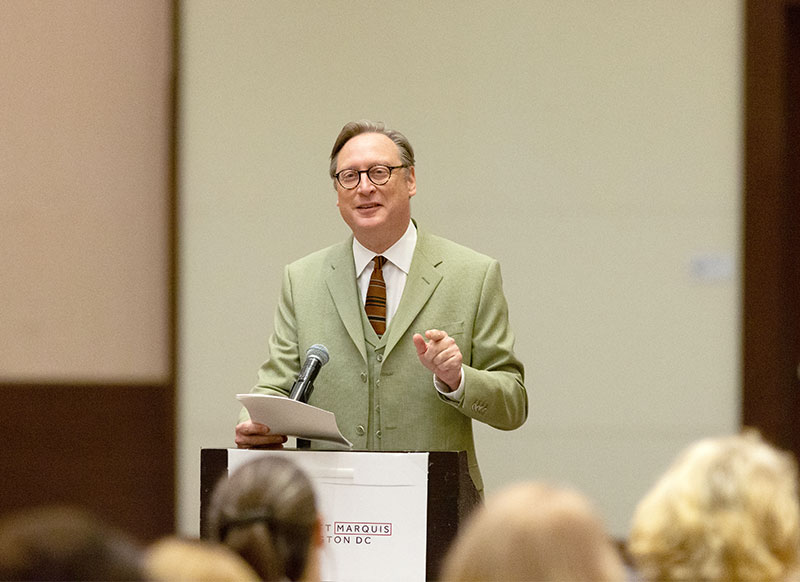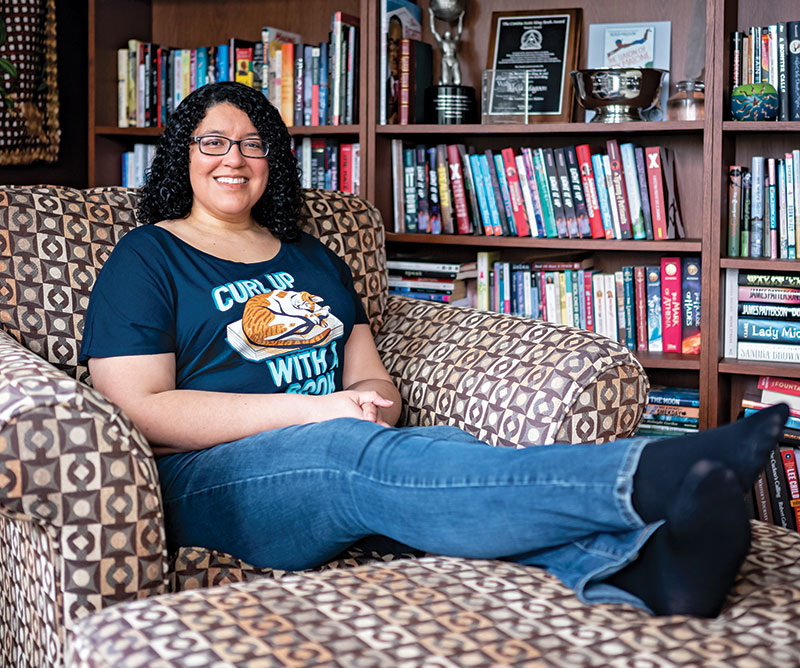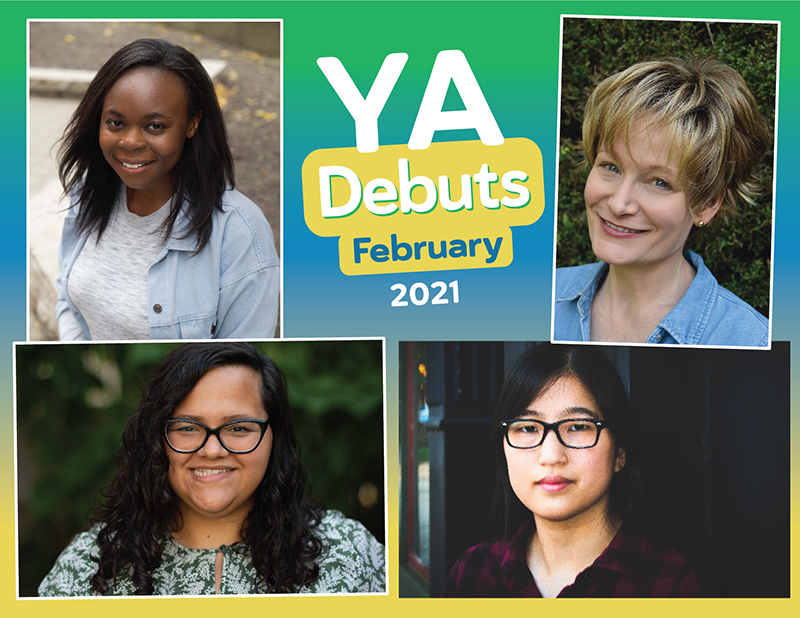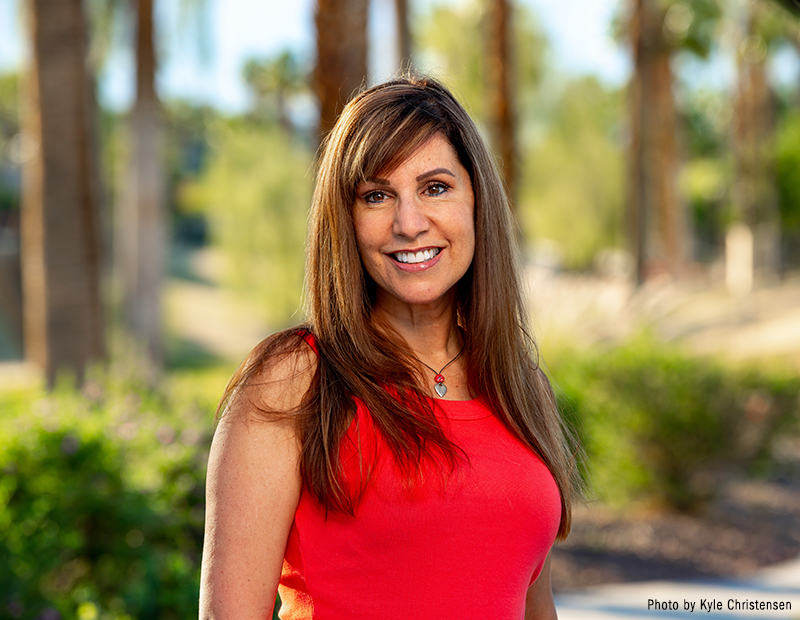How My Local Library Changed — and Saved — My Life, a guest post by Mike Albo
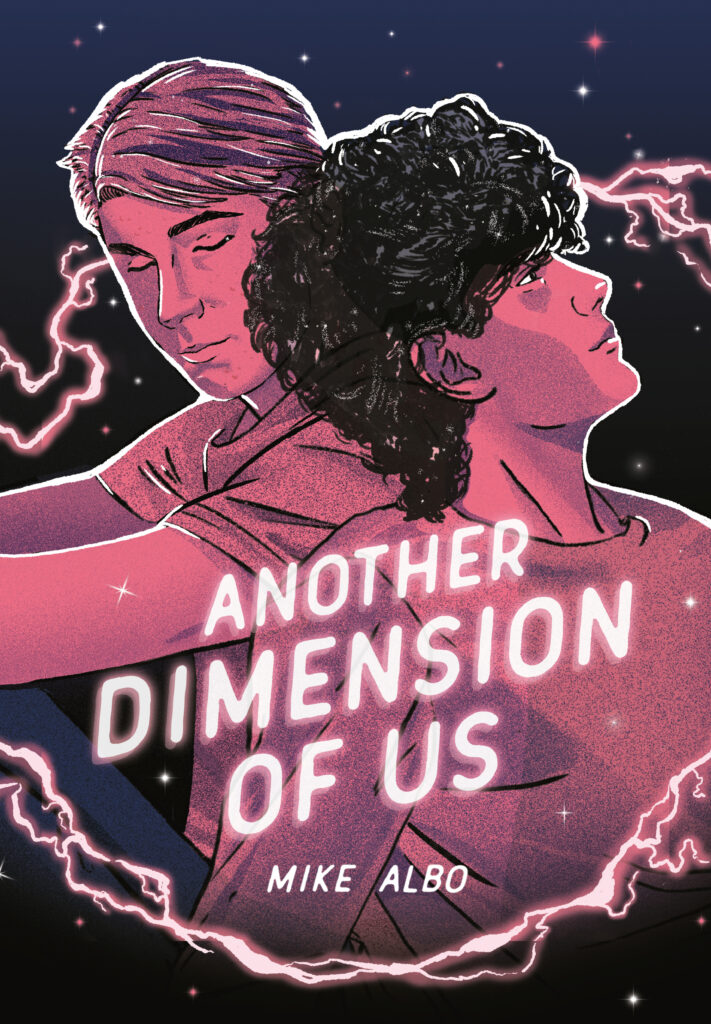
In the opening of Another Dimension of Us, the year is 1986 and Tommy, a gay-but-definitely-not-out 15-year-old, is besotted with his new friend, the beautiful budding poet Renaldo (René). On the last day of school, René invites Tommy to follow him on their bikes and to his favorite place, the public library behind the K-Mart. It’s where he finds inspiration for his brilliant verse.
When they arrive, Tommy is nervously electrified as Rene takes him by the hand around the library, showing him the huge dictionary where he discovers unusual words, as well as the shelves of poetry, the stacks of books about ancient cultures, and, in the back, his favorite spot — the occult section — where René pulls out a mysterious book about astral projection.
ADVERTISEMENT
ADVERTISEMENT
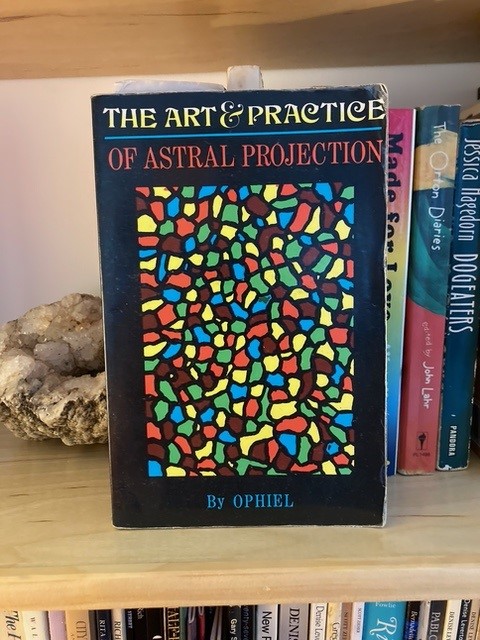
Later, when Tommy, René and other characters travel through the astral plane, this library shows up again — this time as a space holding infinite records of anyone who has ever existed (it’s a supernatural speculative YA novel, I had to go there). And though it holds a mind-boggling amount of information, it looks no different — same dingy orange carpeting, same clunky computer.
I didn’t set out to make the library so central in Another Dimension of Us, but as I was writing this book, the library became the one place where the characters felt safe — just like it was for me when I was like Tommy: a gay-but-definitely-not-out 15-year-old in the 80s. No one bullies you in a library.
I grew up in the suburbs of Northern Virginia, where there were, thankfully, several libraries nearby. These were where, growing up, I checked out my first “real” books, many from series like Encyclopedia Brown, The Three Investigators, Little House on the Prairie, and of course as many Choose Your Own Adventures as I could find.
But, like the characters in ADOU, it was poetry that truly called out to me. When I was able to explore and find my own literature in the library, I matured from Shel Silverstein and Dr Seuss to discover concrete poetry and writers who played with language like EE Cummings. How this evolution happened was entirely through touch. I would feel my way — pulling out books off the library shelves and thumbing through them, looking for poems that spoke to me visually even before I read them.
I was very drawn to the work of Amy Lowell, an “Imagist” poet writing during the turn of the 20th century, whose work was often buried in big anthologies, which, as anthologies do, and a library does, opened me to discover other poets — Phillip Levine, Langston Hughes, Lucille Clifton. I enjoyed these poets in particular, probably because their work was often spare, sprinkled down the page. I would take books home and, admittedly, not always comprehend them. I remember in particular reading Anne Sexton’s Love Poems in the bathtub, just staring at her urgent lines, soaking up the words. I felt very adult reading her while bathing.
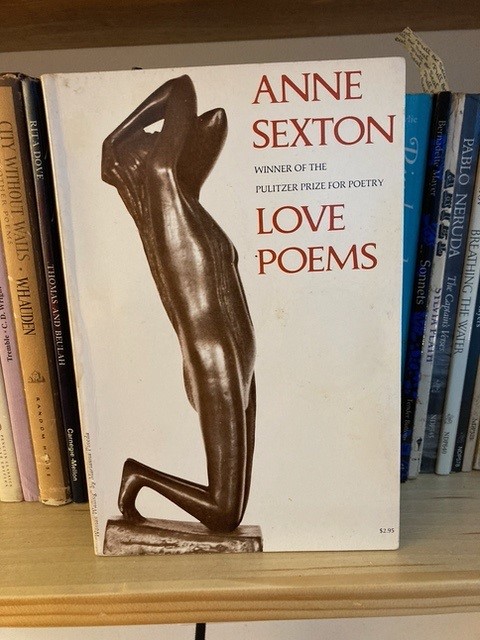
I also remember going to the library in my middle school and discovering the (very small) occult section, where there were books on Bigfoot and ESP. I gravitated to this shelf, mostly because I wanted so badly for there to be an alternative way of living to the one I was experiencing, where my burgeoning sexuality was clearly not acceptable.
One relatively unknown book I remember taking home from the library is The Terrible Wave by Marden Dahlstedt — about a young, spoiled girl living in Johnstown Pennsylvania who survives the town’s Great Flood in 1889. She tumbles from a building onto a floating mattress and then jumps onto the back of a stagecoach, careening through the turbulent waters, meeting other survivors and learning compassion for people unlike her. I ordered it online recently, and have to say it holds up. I credit that one book with widening my aperture of awareness — that history isn’t just a series of facts and events, that real human beings lived, and suffered, and survived — something the characters in ADOU, who exist in different times, also come to realize when they meet each other in the astral plane.
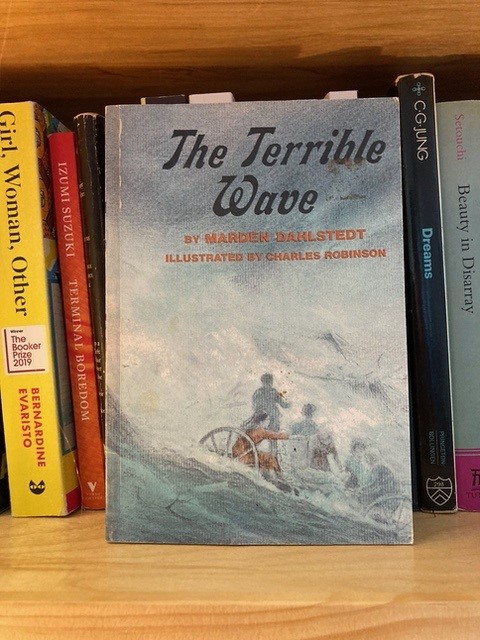
I remember looking in the card catalog and seeing The Terrible Wave categorized as “historical fiction” — another moment of clarity for me — how writers are allowed to take history and spin tales from it. I remember seeking out other historical fiction thereafter. And that’s what I love most about libraries — you wander, trusting your curiosity, and find answers you didn’t even have questions for when you walked in.
It was through writing ADOU that I began to remember, and re-appreciate, the power of a physical, walkable, searchable library. Libraries possess a vastness no matter their size. What you can find in one is uncontainable, unpredictable, and in its breadth, can allow you to roam and find your way to change your life.
Meet the author
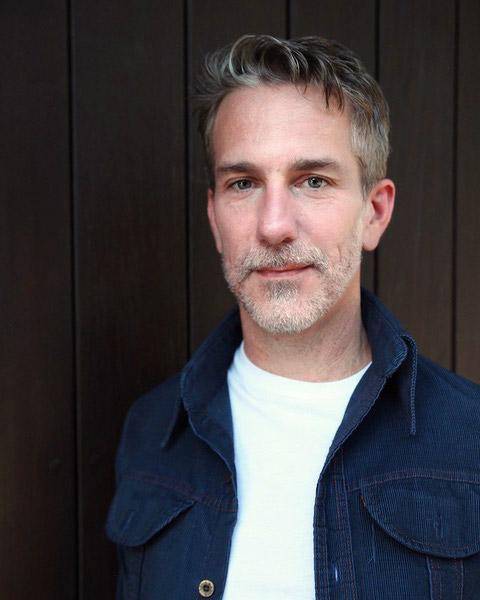
Mike Albo (he/him/his) is the author of the novels Hornito and The Underminer: The Best Friend Who Casually Destroys Your Life (co-written with Virginia Heffernan), as well as the novella, The Junket, and memoir, Spermhood: Diary of a Donor. His articles and essays have appeared in The New York Times, New Yorker, Town and Country and many others. He also performs. Visit him at www.mikealbo.net.
Instagram: @ albomike
Twitter: @ albomike
Facebook: www.facebook.com/malbo
About Another Dimension of Us
ADVERTISEMENT
ADVERTISEMENT
The Breakfast Club meets Brit Marling’s The OA in this thrilling science fiction story about teens from the past and the future who travel across the astral plane save the ones they love.
In 1986, Tommy Gaye is in love with his best friend, budding teen poet Renaldo Calabasas. But at the height of the AIDS crisis and amidst the homophobia running rampant across America, Tommy can never share his feelings. Then, one terrible night, Renaldo is struck by lightning. And he emerges from the storm a very different boy.
In 2044, Herron High student Pris Devrees jolts awake after having a strange nightmare about a boy named Tommy and a house in the neighborhood the locals affectionally call “The Murder House.” When she ventures to the house to better understand her vivid dreams, she happens upon an old self-help book that she soon realizes is a guide to trans-dimensional travel.
As bodies and minds merge across the astral plane, Pris, Tommy, and their friends race to save Renaldo from a dangerous demon, while uncovering potent realities about love, sexuality, and friendship.
ISBN-13: 9780593223765
Publisher: Penguin Young Readers Group
Publication date: 01/17/2023
Age Range: 12 – 17 Years
Filed under: Guest Post
About Amanda MacGregor
Amanda MacGregor works in an elementary library, loves dogs, and can be found on BlueSky at @amandamacgregor.bsky.social.
ADVERTISEMENT
ADVERTISEMENT
SLJ Blog Network
2025 Books from Sibert Winners
Fuse 8 n’ Kate: I Will Never Not Ever Eat a Tomato by Lauren Child
Betty and Veronica Jumbo Comics Digest #334 | Preview
Fifteen early Mock Newbery 2026 Contenders
When Book Bans are a Form of Discrimination, What is the Path to Justice?
ADVERTISEMENT



